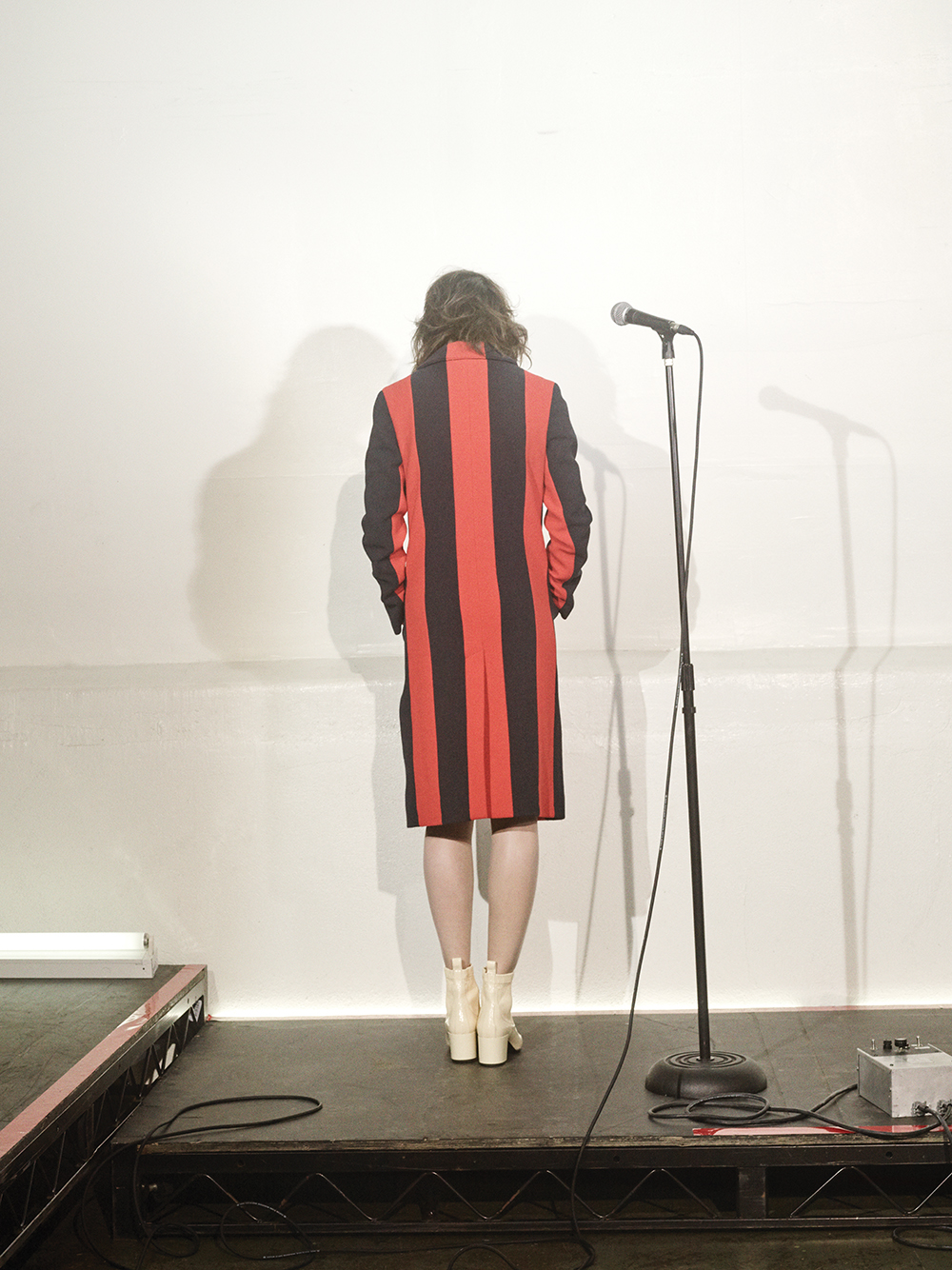O – Are there other directors or cast members that you’ve felt a similar connection with? From the sound of it you don’t even feel that with Lars, from film to film—each is it’s own little adventure.
CG – Completely. The thing is, when I was able to work with him three times in a row like that [on Antichrist, Melancholia, and Nymphomaniac], and also with his crew, there was something of a family that was getting together again, and I wish I had that with other directors too. It happened with Claude Miller, with whom I did L’effrontée and La Petite Voleuse, that was something that was growing too. It’s a wonderful thing to be able to explore things differently with the same people. I find the collaboration richer each time. Maybe because it takes me so long to feel comfortable with people, when you do a second film with someone there’s already a lot of barriers that are not there anymore, and it’s just about the work. You don’t have to work that much on your own difficulties, it’s more open. I would love to be able to work again with certain directors, it’s never really happened. I know in France people have sort of cinema families inside the movies, the directors ask for the same actors again and again. I’ve never really had that, but I miss it.
O – With all the independent and “foreign” films you do, all the more artistically focused films, what makes you sign on for a movie like Independence Day – Resurgence? It seems like something of a departure for you, was that fun?
CG – It was a lot of fun. First of all, the scale of the movie, I had never gone into that. It was completely new, and surprising. It was a big production and everything, but it wasn’t overwhelming, it didn’t feel like this huge American film where I would feel like I’m an ant in the process. I think that’s due to Roland Emmerich. He’s a foreigner also, and for me that’s important, because he’s very authentic. He loves what he does, and he’s like a kid exploring these vessels. That’s just fun to watch, and to be a part of that discovery. I’ve been in a few comedies, and the shoot is just the lightest thing. I haven’t done that often, but on Independence Day there was that feel of lightness. It was just fun. The thing is, I liked my character, and I knew what I was there for. I wasn’t trying to play someone else—I knew that it was OK to only be myself. Also I was able to play with Jeff [Goldblum], because the dynamic of my character is focused on him a lot, and he was such a great actor to work with. He’s very playful. So there was a real game with him that made every second of it worth it.
O – Sounds like a welcome counterpoint to your more solemn work. But you do seem to gravitate towards weighty material, or maybe it gravitates towards you. Do you know what it is that you’re able to provide Lars, for example, that keeps him coming back to you for such key roles in his films?
CG – Very honestly I don’t know why he came back to me. For Antichrist I didn’t know why he chose me. I had the impression that he had another actress and it didn’t work out at the last minute, so he had to choose someone. I saw that the production was a little bit in a panic. I just met him once, and it was very awkward, the meeting. I didn’t feel comfortable—I felt comfortable with him, but I didn’t feel that anything was happening. I didn’t know what he knew of me, if he had seen a film, or whatever. That’s what I loved, that I was completely anonymous, with no threads attached, even about my parents. It was a great feeling that he was just picking someone out of the blue. Because you’re so naked, mentally, with him, that you don’t need a background, you don’t need a story. When he called me back for Melancholia, I was very surprised. Thrilled of course, but so surprised. And then when we were showing Melancholia at Cannes, before the big drama, he said to Kristen and me, “Oh, I’m going to do this porn film with both of you.” It was a provocation, but again it was like an accident. I didn’t feel that he was telling me “Oh, I love you, I want to work with you again.” It’s not that with him. It’s sort of like a joke, very unpretentious, and it seems very casual. And then you get the script...[laughs] Then you understand what you’re in for.
